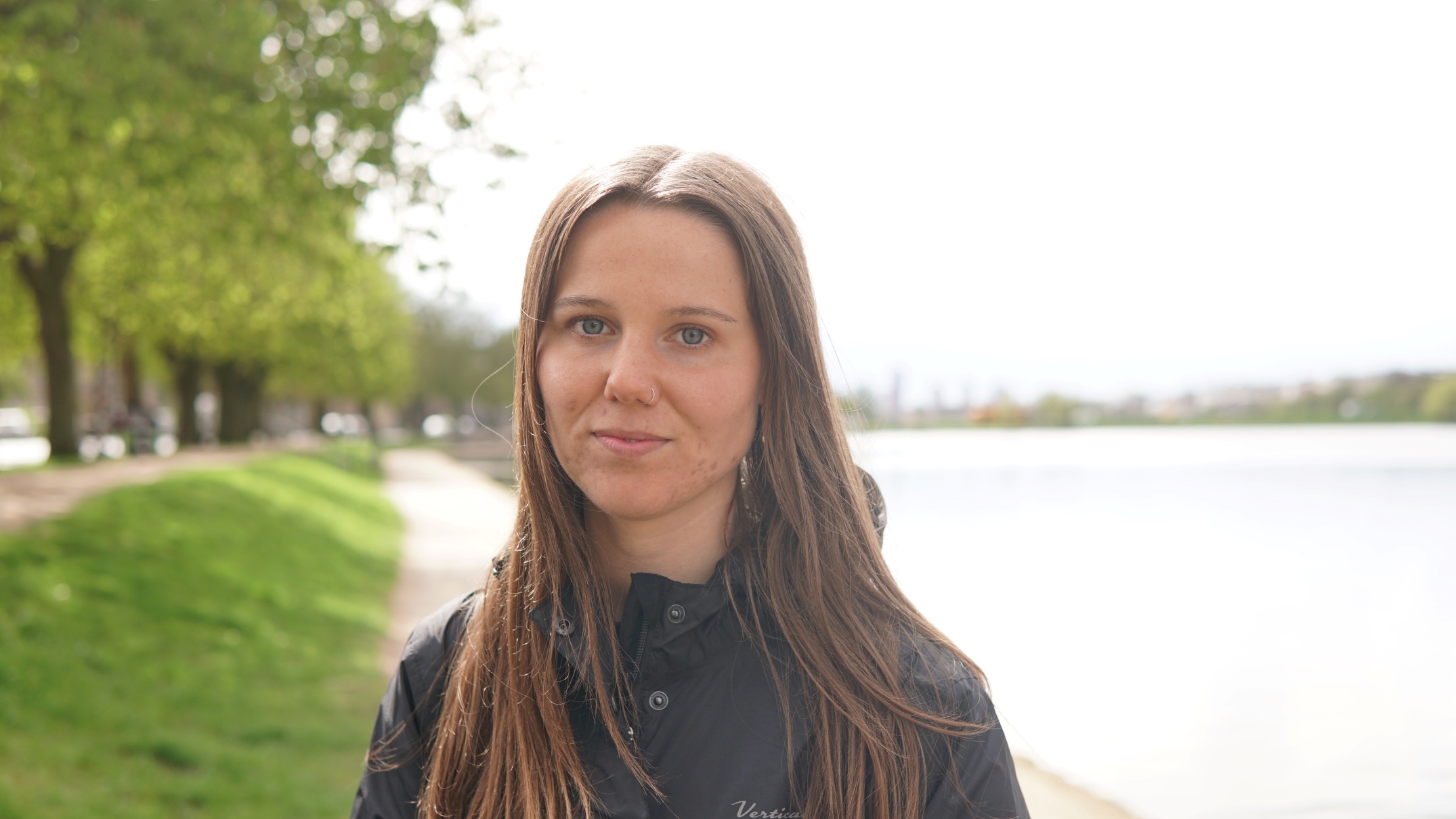Former professional bicycle rider Michael Rasmussen has told anti-doping authorities that three of the riders on the Danish Olympic team were doping when they competed at the 2004 Olympic Games in Athens, according to Politiken newspaper.
When Rasmussen admitted in late January that he had been using performance-enhancing drugs for the majority of his professional career, he was questioned by representatives of the international doping agency, WADA, as well as authorities in the Netherlands, Denmark and the US.
Sources have told Politiken that it was during these interviews that the former cycle star explained how doping was part of the Danish cycle team’s preparations for the Olympic Games just over eight years ago.
One of the five members of the Danish road cycling team – Frank Høj, Bo Hamburger, Nicki Sørensen, Lars Michaelsen and Michael Rasmussen – allegedly smuggled the drugs into the Olympic camp.
While the security at Olympic Games is usually top notch, one of the Danes managed to smuggle a syringe through the control by concealing it in the battery compartment of a media device.
The five riders shared an apartment in the Olympic Village and spent a lot of time together before the race. At one point they discussed the possibility of doping and three of the five riders injected a cortisone product.
Jesper Worre, the head of the Danish cycling authority and the team leader for the Danish team during Athens 2004, was shocked to hear the news.
“Wow. We need to get to the bottom of this because it’s absolutely insane if that actually happened,” Worre told Politiken newspaper. “We will try to get an overview before commenting. We were not present during Rasmussen's questioning and don’t have insight into the case. But, I know nothing of such occurrences.”
Jens Evald, a law professor at Aarhus University and former head of Anti-Doping Danmark, contended that the information must be verified before action is taken.
“Everyone that was present at the questioning is part of a confidentiality pact and it’s not a truthful statement just because Rasmussen says it is,” Evald told Politiken. “Therefore, you have to be careful not to conclude anything until the information has been verified.”
On Saturday, Hamburger and Michaelsen both denied to Ekstra Bladet tabloid that they were doping during the 2004 Olympics and Sørensen, who is still active as a rider for Team Saxo-Tinkoff, did the same to the sports news site sporten.dk.
”I think that the accusations about the Olympics in the media are very unpleasant and I just want to say that they are unfounded,” Sørensen told sporten.dk, adding that he is willing to speak with Anti-Doping Danmark and DCU about the story.
Niels Nygaard, the head of the Danish athletics association, Danmarks Idræts-Forbund, said that it would be very sad if the news was indeed true.
“It’s always sad when Danish athletes are doping, but it is even more of a shame if the Danish cyclist were doping during the Olympic Games.”













